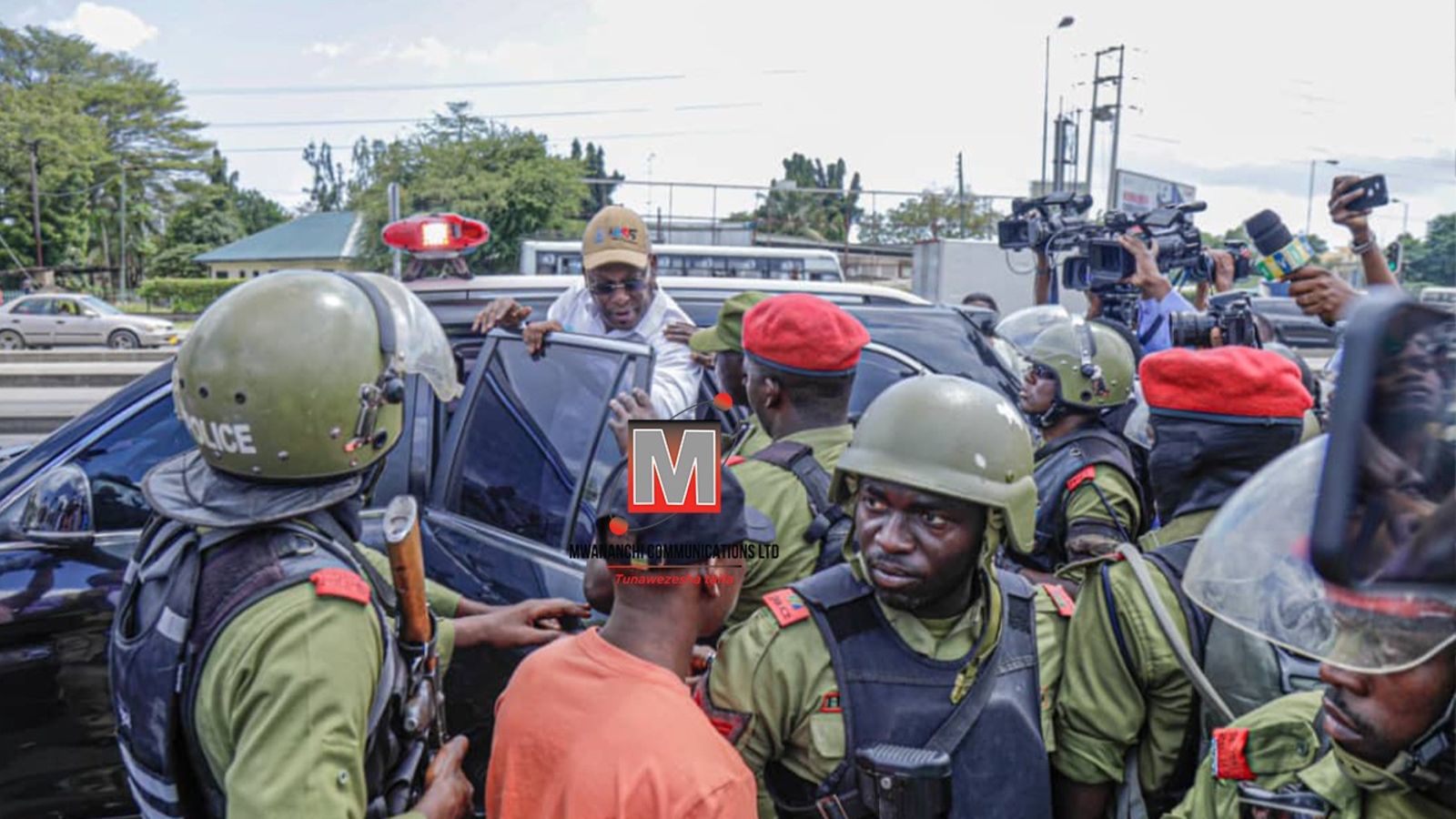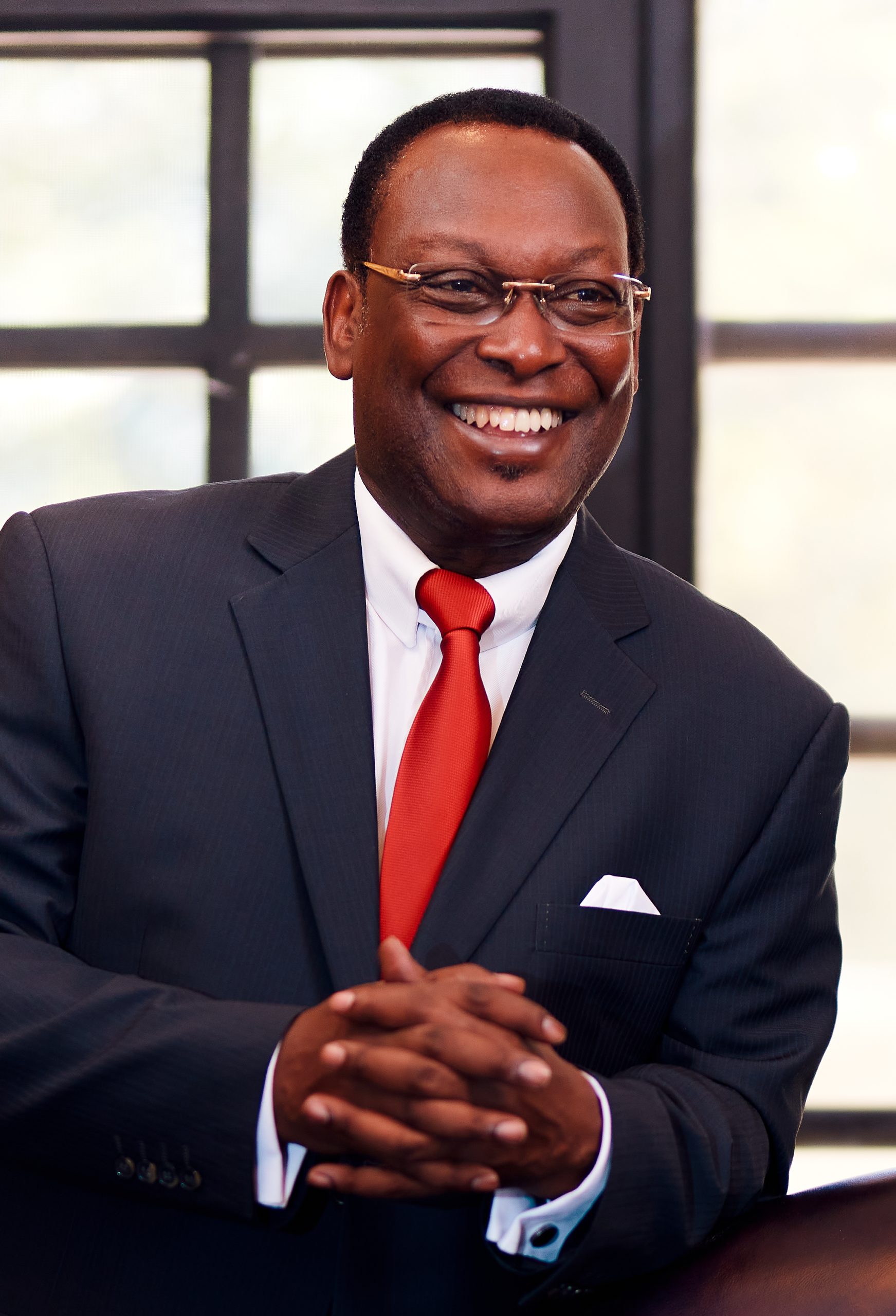Tanzania has long been regarded as a beacon of peace and stability in East Africa. Still, recent events suggest that the country may be returning to an era of political repression. The arrest of two key opposition leaders, Freeman Mbowe and Tundu Lissu, along with 12 other members of the opposition Chadema party, has sparked fears that Tanzania is backtracking on the democratic gains made in recent years. These arrests came as the opposition attempted to defy a government ban on protests, in response to alleged killings and abductions of opposition figures. What was meant to be a peaceful demonstration quickly escalated into a tense standoff between opposition members and security forces.
From Founding Father Nyerere to Magufuli’s Rule
Tanzania’s political landscape has been shaped by its first president and founding father, Julius Nyerere, whose vision of Ujamaa (African socialism) laid the foundation for its governance. While Nyerere is often credited with fostering unity and peace in a country with over 120 ethnic groups, his tenure was marked by a single-party system, and political opposition was systematically suppressed. The ruling party, Chama Cha Mapinduzi (CCM), has dominated Tanzanian politics since independence in 1961.
However, the early 1990s brought significant political change, as Tanzania transitioned from a single-party state to a multiparty democracy. This transition allowed for the emergence of opposition parties such as Chadema, which has grown into the country’s most prominent opposition force in recent years. Nevertheless, the legacy of a dominant ruling party, coupled with a weak democratic culture, has meant that Tanzania’s political opposition has often faced harassment and repression.
The reign of John Magufuli, who became president in 2015, marked a period of heightened repression for the opposition. Nicknamed “The Bulldozer” for his authoritarian style, Magufuli cracked down on dissent, banned opposition rallies, and curtailed press freedoms. His regime was characterized by a zero-tolerance approach to opposition, human rights abuses, and attacks on democratic institutions.
When Magufuli unexpectedly died in March 2021, his successor, President Samia Suluhu Hassan, inherited a divided and politically fragile nation. President Samia’s leadership initially seemed to signal a departure from Magufuli’s heavy-handed tactics, with her pledges to restore political freedoms and promote dialogue. However, the recent arrests of Chadema leaders have raised questions about her true commitment to democratic reform.

Opposition in a One-Party Dominated System
Chadema, or the Party for Democracy and Progress, has steadily grown as Tanzania’s primary opposition party since its formation in 1992. Led by Freeman Mbowe and prominent figures like Tundu Lissu, Chadema has positioned itself as a champion of democratic governance, transparency, and the rule of law. The party has faced severe adversity in its struggle for political space in a nation where CCM has been the ruling party for over half a century.
Freeman Mbowe, Chadema’s charismatic leader, has been a consistent thorn in the side of the ruling CCM. Known for his fiery rhetoric and commitment to the democratic cause, Mbowe has been a target of government crackdowns throughout his political career. Similarly, Tundu Lissu, Chadema’s deputy leader, survived an assassination attempt in 2017, believed to be politically motivated. Lissu’s return to Tanzania in 2020 after spending years in exile due to the attempt on his life signaled his resolve to continue the fight for political reform.
The party’s influence has grown significantly in recent years, culminating in the 2020 general election, where Chadema mounted its most formidable challenge yet to the ruling CCM. Although the election was marred by widespread allegations of fraud and voter intimidation, Chadema’s increased popularity highlighted the growing discontent with CCM’s rule. Tundu Lissu, who ran as Chadema’s presidential candidate in the 2020 election, was a vocal critic of President Magufuli’s authoritarianism, drawing widespread support from opposition voters.
Yet, despite Chadema’s rising prominence, the party has often been stymied by government repression, media blackouts, and restrictive laws that curb opposition activity. The most recent arrests underscore the delicate balance between maintaining political control and allowing democratic expression in Tanzania.
The Current Political Climate Under President Samia Suluhu Hassan
When Samia Suluhu Hassan took office as Tanzania’s first female president in March 2021, she inherited a polarized political landscape. While many hoped she would chart a different course from her predecessor, John Magufuli, the reality has been more complicated. Samia’s early moves, including lifting the ban on opposition rallies and pledging to restore media freedoms, were widely praised by international observers. These reforms gave rise to cautious optimism that Tanzania might finally be moving toward a more open and democratic system.
However, the recent crackdown on opposition leaders has thrown these hopes into question. On the surface, President Samia’s administration appears to be balancing between upholding law and order and allowing space for political dissent. In this context, the government’s decision to ban Chadema’s protest, followed by the arrests of Mbowe and Lissu, sends a chilling message to the opposition. It suggests that, despite her earlier promises of reform, Samia may be following in the footsteps of her predecessor, prioritizing political stability over democratic freedoms.
Critics argue that the detentions are aimed at silencing opposition voices ahead of the local government elections scheduled for November 2024 and the general election in October 2025. Chadema had organized the protests to bring attention to alleged extrajudicial killings and abductions of its members, issues that have not been adequately addressed by the authorities. By suppressing these demonstrations, the government is not only curtailing political freedoms but also avoiding scrutiny of human rights abuses.
President Samia’s administration has framed the crackdown as a necessary measure to maintain peace and security. During a speech last week, the president warned that her government would not tolerate any action that could endanger law and order. Police quickly declared the protests illegal, setting the stage for the arrests of Mbowe, Lissu, and their fellow Chadema members.

Journalists and Media Suppression
The events surrounding the Chadema protests have also raised concerns about the state of press freedom in Tanzania. Local media reported that journalists covering the demonstrations were detained, further fueling fears that the government is stifling independent reporting. Under President Magufuli, the media landscape in Tanzania was tightly controlled, with several outlets being shut down, journalists harassed, and social media monitored for dissent.
While President Samia initially appeared more tolerant of the press, the detentions of journalists at the Chadema protest suggest a troubling return to the repressive policies of the past. Freedom of the press is a cornerstone of any functioning democracy, and the ability of journalists to report on political developments without fear of arrest or harassment is essential to holding governments accountable.
Rights groups and international organizations have been quick to condemn these actions. Amnesty International and Human Rights Watch have called on the Tanzanian government to respect the rights of peaceful protesters and the press. They argue that the arrests of opposition leaders and journalists represent a worrying trend of shrinking political space in the country.
Implications for Tanzania’s Democratic Future
As Tanzania approaches critical local and general elections in 2024 and 2025, the actions of the Samia administration will be closely watched both domestically and internationally. The arrests of opposition leaders like Freeman Mbowe and Tundu Lissu highlight the fragility of Tanzania’s democratic process. If opposition figures continue to face arrest, harassment, and intimidation, it will be difficult to hold free and fair elections.
There is also the broader question of how Tanzania’s political landscape will evolve in the coming years. Will the country continue to oscillate between periods of repression and reform, or will President Samia make good on her early promises to restore political freedoms? The recent crackdown on Chadema suggests that Tanzania may still be struggling to break free from the authoritarian tendencies that have defined much of its post-independence history.
For the international community, Tanzania’s democratic backsliding presents a dilemma. On the one hand, there is a desire to engage with the Samia government and support its reformist agenda. On the other hand, the recent arrests and suppression of protests signal that these reforms may be more superficial than substantive. Western governments and international bodies must carefully calibrate their responses, offering support for democratic reforms while holding the Tanzanian government accountable for human rights violations.
Tanzania stands at a crossroads. The arrests of Freeman Mbowe, Tundu Lissu, and other Chadema leaders mark a critical moment in the country’s political trajectory. Will Tanzania embrace the democratic ideals that its opposition has fought for, or will it revert to the authoritarianism that characterized much of John Magufuli’s rule?
The events surrounding the Chadema protests underscore the importance of vigilance in defending democratic rights. Political repression, the suppression of dissent, and the erosion of press freedom are clear warning signs that Tanzania’s democracy is under threat. As the country moves closer to pivotal elections, both its citizens and the international community must demand greater transparency, respect for political freedoms, and accountability from the Tanzanian government. Only through sustained pressure and commitment to democratic principles can Tanzania hope to realize the full promise of its multiparty system and secure a brighter future for its people.



